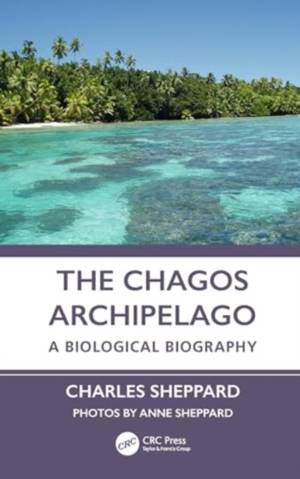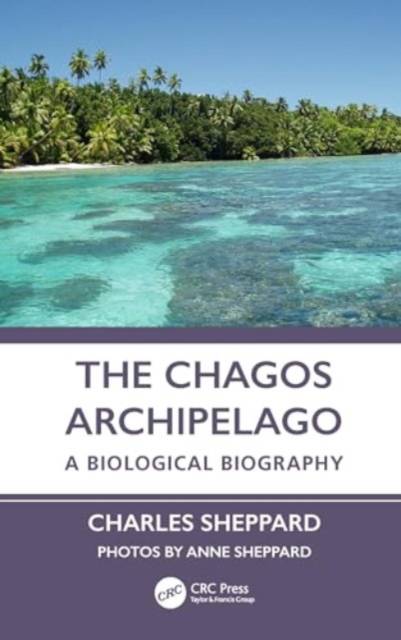
- Retrait gratuit dans votre magasin Club
- 7.000.000 titres dans notre catalogue
- Payer en toute sécurité
- Toujours un magasin près de chez vous
- Retrait gratuit dans votre magasin Club
- 7.000.0000 titres dans notre catalogue
- Payer en toute sécurité
- Toujours un magasin près de chez vous
Description
This book is the story of the natural history of Chagos Archipelago, and of the efforts of many to get it recognized as an important and protected wildlife reserve. Exploring its immense natural riches and biodiversity, both on islands and in the marine environment, this book addresses competing claims to its resources, its politics, and the desire of some commercial and political parties to exploit the area. It is about the fight to conserve a wonderland of biodiversity and obtain its protection from exploitation, especially of its reefs and other marine life.
This book shows the importance of the Chagos Archipelago and why so much research was done there. Rather than being a typical research book, this work presents research in a narrative form and describes the now substantial Government, UN, and legal interest in the archipelago since the UK was told to 'decolonise' it. It is also the story of our planet in miniature: the archipelago encapsulates much of the world's conservation tribulations in a way we can much more easily understand. This narrative explores the difficulties faced by the Chagos Archipelago, including displaced people, old and derelict industries (coconut in this case), the military, politics, rich and untouched ecosystems that some want to exploit, ruined habitats on land, climate change, and territorial claims. It examines how all of these factors have affected the natural history, biodiversity, and conservation of the archipelago.
With beautiful photography of the Chagos Archipelago coral reefs and islands, as well as graphs indicating their findings, this book offers professionals, researchers, academics, and students in conservation and biodiversity an insight into one of the world's most diverse ecosystems. It is also accessible for non-academic readers with an interest in climate change, biodiversity, and the importance of conservation.
Spécifications
Parties prenantes
- Auteur(s) :
- Editeur:
Contenu
- Nombre de pages :
- 138
- Langue:
- Anglais
Caractéristiques
- EAN:
- 9781032713380
- Date de parution :
- 25-04-24
- Format:
- Livre relié
- Format numérique:
- Genaaid
- Dimensions :
- 156 mm x 233 mm
- Poids :
- 439 g

Les avis
Nous publions uniquement les avis qui respectent les conditions requises. Consultez nos conditions pour les avis.






